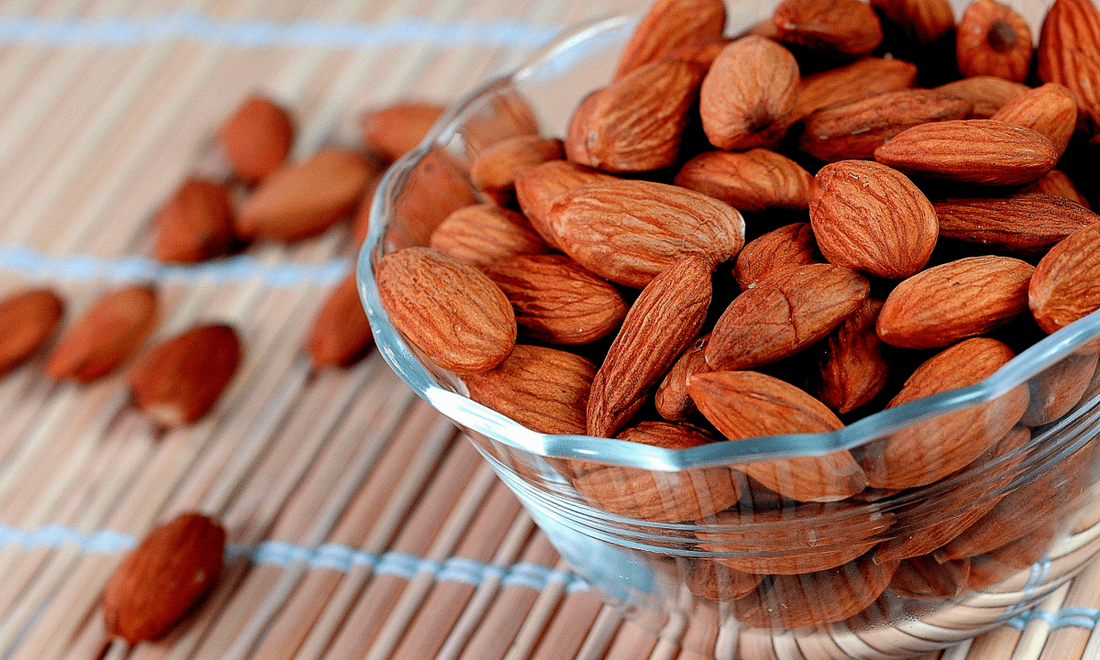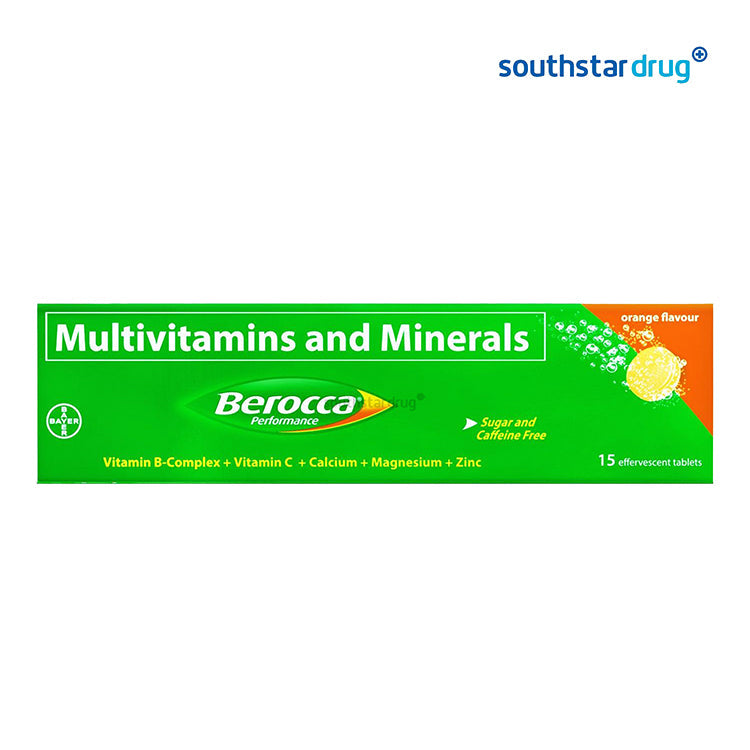You may hear the advice “do not go nuts” but would you still mind going nuts when you realize that good things come in small to fun packages? I think you’ll go for going nuts then! After all, nuts are filled with unsaturated fat that is good for your heart, high in healthy calories, proteins, fiber, vitamins and minerals! So then again, go nuts!
Look at these heart-friendly composition of nuts from Mayo Clinic:
- Unsaturated fats. Unsaturated fats are considered the 'healthy' fats and are encouraged as part of a healthy diet. These fats help reduce heart disease, lower cholesterol levels and have other health benefits when they replace saturated fats in the diet.
- Omega-3 fatty acids. Omega-3 fatty acids are found in many kinds of fish, but many nuts are also rich in omega-3 fatty acids. Omega-3s are a healthy form of fatty acids that seem to help help reduce risk factors for heart disease, including high cholesterol and high blood pressure preventing dangerous heart rhythms that can lead to heart attacks
- Fiber. All nuts contain fiber, this type of fiber promotes the movement of material through your digestive system and increases stool bulk, so it can be of benefit to those who struggle with constipation or irregular stools.
- Vitamin E. Vitamin E may help stop the development of plaques in your arteries, which can narrow them. It also serves as an antioxidant that provide protection against toxins such as air pollution, premenstrual syndrome, eye disorders such as cataracts.
-
Plant sterols. Some nuts contain plant sterols, a substance that can help lower your cholesterol. Plant sterols are often added to products like
margarine and orange juice for additional health benefits, but sterols occur naturally in nuts. - L-arginine. Nuts are also a source of l-arginine, which is a substance that may help improve blood vessels relax and also improves circulation. Some evidence shows that arginine may help improve blood flow in the arteries of the heart.
Remember to eat nuts in moderation. Treat nuts as as a substitute for saturated fats, such as those found in meats, eggs and dairy products.
The American Heart Association recommends eating about four servings of unsalted nuts a week. Select raw or dry-roasted nuts rather than those cooked in oil.












